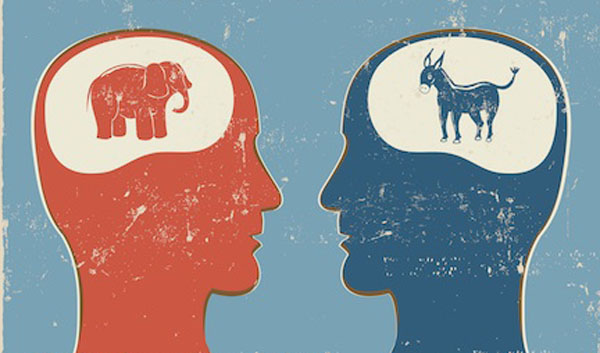In 2012 the American Journal of Political Science published a study that, in part, measured correlations between political attitutes and personality traits such as being “uncooperative, hostile, troublesome, and socially withdrawn.” The original article stated upfront that the authors expected such traits to correlate to conservative political attitudes, and that was the result the study found. I remember when the study came out and several of my friends reposted it as evidence of how backward and problematic conservatives can be.
But it turns out the article had interpreted the data incorrectly. In 2015 the journal published an erratum to correct the mistake, stating:
The interpretation of the coding of the political attitude items in the descriptive and preliminary analyses portion of the manuscript was exactly reversed. Thus, where we indicated that higher scores in Table 1 (page 40) reflect a more conservative response, they actually reflect a more liberal response. Specifically, in the original manuscript, the descriptive analyses report that those higher in Eysenck’s psychoticism are more conservative, but they are actually more liberal; and where the original manuscript reports those higher in neuroticism and social desirability are more liberal, they are, in fact, more conservative.
[Emphasis added.]
According to The Washington Times:
The error was first spotted by Dr. Steven Ludeke, a researcher at the University of Southern Denmark, who said it is significant, pointing to the frequency at which the study was cited.
“The erroneous results represented some of the larger correlations between personality and politics ever reported; they were reported and interpreted, repeatedly, in the wrong direction; and then cited at rates that are (for this field) extremely high,” Dr. Ludeke told Retraction Watch.
Given social science’s apparent pattern of pathologizing conservatives, this kind of mistake is unfortunate but not particularly surprising.
